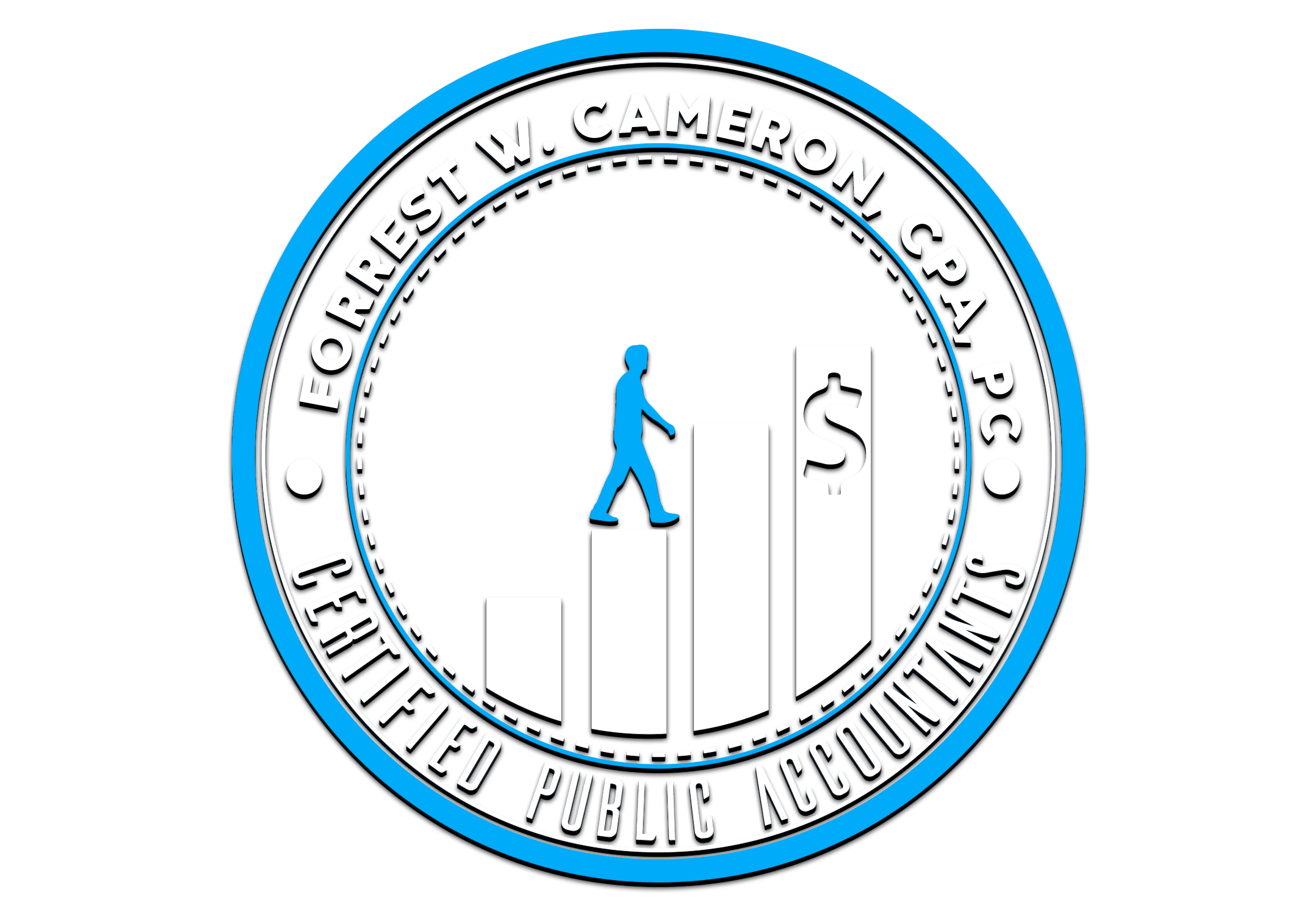DCAA Compliance Accounting
It’s important to note that the DCAA requires that each government contractor’s processes, including accounting policies and procedures be compliant. We help government contractors anticipate and react to the increased scrutiny and requirements that accompany success.
Timing of Your Accounting System Transition
Before any contract is awarded, DCAA auditors will examine your company’s accounting system to validate that it is capable of maintaining records according to DCAA standards. In some cases, small businesses have not invested in any comprehensive accounting platform, and they are concerned about the expense of installing such a platform before their contract has been formally awarded.
In this situation, the DCAA does not require the system to be fully in place. Instead, the business can offer a demonstration of the proposed system’s capabilities, making a commitment to install and fully transition bookkeeping over to the new platform once the contract is final.
The Pre-Award Accounting System Assessment
DCAA auditors are looking for specific system capabilities when they conduct the pre-award assessment. The process is intended to be simple and transparent, so small businesses can easily access a list of these requirements in advance through the Pre-Award Accounting System Adequacy Checklist.
Before committing to any accounting platform, ensure it is able to perform the following functions:
Job-Specific Time-Entry
The DCAA requires a clear separation of hours worked to complete contract-related tasks and hours worked on other projects. When selecting a platform, choose one that offers a time-keeping system that permits employees to assign their punches in and out to specific work assignments.
Posting of Direct and Indirect Costs
Certain costs and expenses directly correlate to a single contract. Examples include the materials that are used specifically for the goods being produced or the labor involved in providing a specific service. However, other expenses are necessary to operate the business as a whole, and they support several or all of the contracts currently in production.
For example, utility expenses are not directly related to one project, though the utilities are required to run the business. Under these circumstances, an accounting system must be able to differentiate between the two, then apply an equitable and consistent formula when assigning indirect costs to specific contracts for billing purposes.
Segregation of Allowable and Unallowable Costs
Some business expenses that are generally permissible cannot be included when billing for a government contract. For example, companies cannot bill a federal agency for interest expenses or for contributions made to a charitable organization. Ensure that your accounting platform is capable of differentiating between costs and expenses that are allowed and not allowed, preferably removing those that are not allowed from any government invoices.
Frequent Reconciliation of Provisional versus Actual Indirect Costs
When submitting a price proposal, businesses must estimate the rates at which some expenses will be charged. DCAA guidelines require that there is a regular reconciliation of provisional costs versus actual costs. Supporting documentation is critical in this situation — particularly if costs are higher than expected. Auditors will request documentation of the methodology used to create the predictions, as well as clear supporting documentation demonstrating the accuracy of the actual figures.
Storage of Relevant Supporting Documentation
When an audit is required, DCAA representatives expect companies to produce all documentation that supports the figures posted to various accounts. For example, materials costs are backed up by supplier invoices, and labor costs are backed up by timekeeping records. Small businesses are not required to maintain these files electronically, though this practice does simplify the audit process. Whether kept in hard copy or soft copy, accounting systems must include a process for storing and maintaining relevant supporting documentation.
Regular Posting to and Reconciliation of a Company-Wide General Ledger
As a best practice, the DCAA expects the bookkeeping specific to the government contract to be reconciled with the accounts of the company as a whole. Assessors look for a comprehensive general ledger that is regularly updated to include the figures pertaining to all of the company’s contracts.
CAS Compliance
There are federal laws that outline the cost accounting standards (CAS) all government contractors and subcontractors must follow. The rules were put in place to ensure consistent application of government standards, regardless of which business provides the goods and/or services. Accounting systems must be capable of applying required CAS, and the business must be able to produce written documentation of the standards being applied.
Accurate Record-Keeping From Subcontractors
Involving subcontractors in a project regulated by a government contract adds an extra layer of complication to DCAA compliance. For example, subcontractor invoices can only be included in accounting for the contracted project under certain conditions, and compliance with CAS is required from subcontractors and any business the subcontractor then subcontracts to. Choose an accounting system that has the capability of separating subcontracted work, so that you can ensure all relevant requirements are met.
Costly accounting platforms market themselves as having the exclusive ability to meet all DCAA requirements. However, this simply isn’t the case. When experienced accountants understand the regulations, it is possible to meet DCAA standards with more affordable accounting tools.
Interested in DCAA compliant bookkeeping services for your company? We can help.
